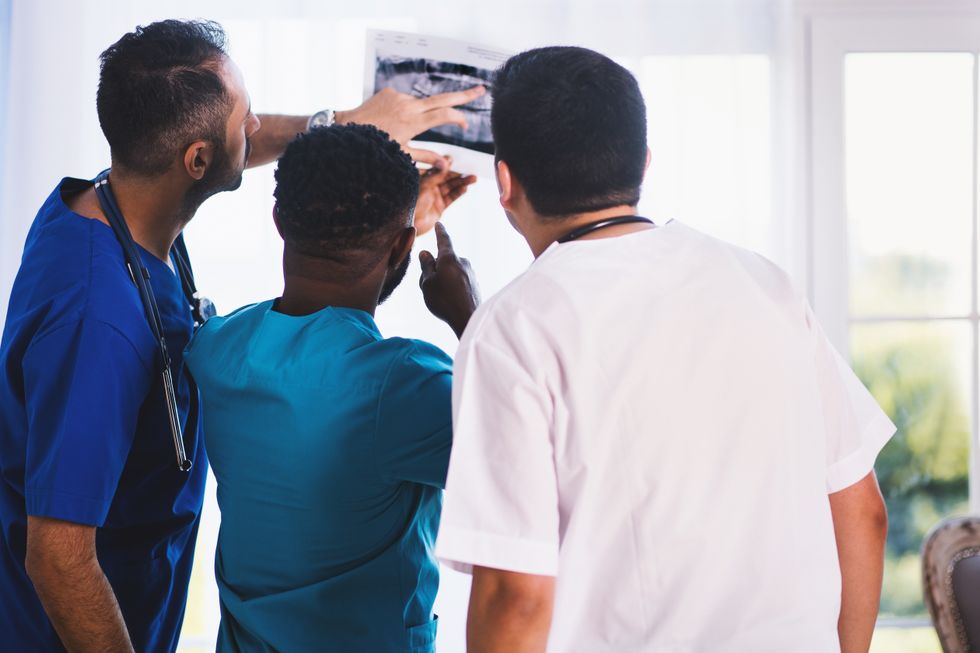After being in college for three and a half years, the biggest piece of advice I have for undergraduates is to seek out experiences that occur outside of the lecture hall as soon as you possibly can.
Yes, college is overwhelming. Yes, there is a lot to keep up with when simply taking classes no matter whether you are enrolled as a part-time or full-time student. Each class itself requires a major commitment to successfully complete and integrate the material into your professional life. Yes, taking classes is the primary task that allows you to identify as a college student.
No, classes are not the only way for you to learn.
Do your best to find other sources to learn from. Whether these lessons exactly coincide with the lessons from your textbook or not, having the first-hand experience is the best way to truly learn. There are a variety of ways that you can implement all of the knowledge you gain in the lecture hall while also attaining new experiences through a different level of learning. Internships, shadowing professionals, study abroad, part-time jobs, research positions, student organizations, and self-study are just some of the ways that you can further enhance your knowledge and experience. Even if these opportunities are not completely in line with what your ultimate career goal is, each opportunity is still teaching you at least one useful thing.
There are just some lessons that cannot be taught in the lecture hall. Professors do an amazing job of relaying the information of their course to the students through a variety of intellectual discussions and activities. They also do a great job of telling personal stories about their most worthwhile life experiences in the field they specialize in. Have you ever noticed that professors do not tell their class about the big group project that changed their life? It's because they are telling the stories about their in-field research assistantships or the connection they made in working on-site at their internship that changed their life.
Personally, I underestimated the value of experiences that took place outside of the lecture hall until I was halfway through my second year of undergrad. In part, I think this was due to adjusting to college life in general. It is important to first become adjusted to college life, and the amount of time that it takes for this adjustment to start to settle will vary for every single person. On top of this, another key aspect is having a general idea of what your post-undergraduate goals are. If this plan entails applying to graduate school, securing a professional internship, or working full-time using your degree, it is necessary to identify some general idea so you are aware of what undergraduate experiences will help you achieve this goal.
Consequently, adjusting to college and also identifying post-undergraduate life goals are two very hefty tasks to tackle. Answers will not happen overnight. Just knowing that all college students have to go through these challenging times of figuring things out can help alleviate some of the stress of the situations. Part of this trial and error process is getting outside experiences because these experiences can assist in helping you understand both the world and yourself a little bit better.
So, go forth and seek out these experiences as soon as possible. Attending class is pretty simple and does yield imperative life lessons. Yet, the most worthwhile learning experiences occur when more effort is required.




















